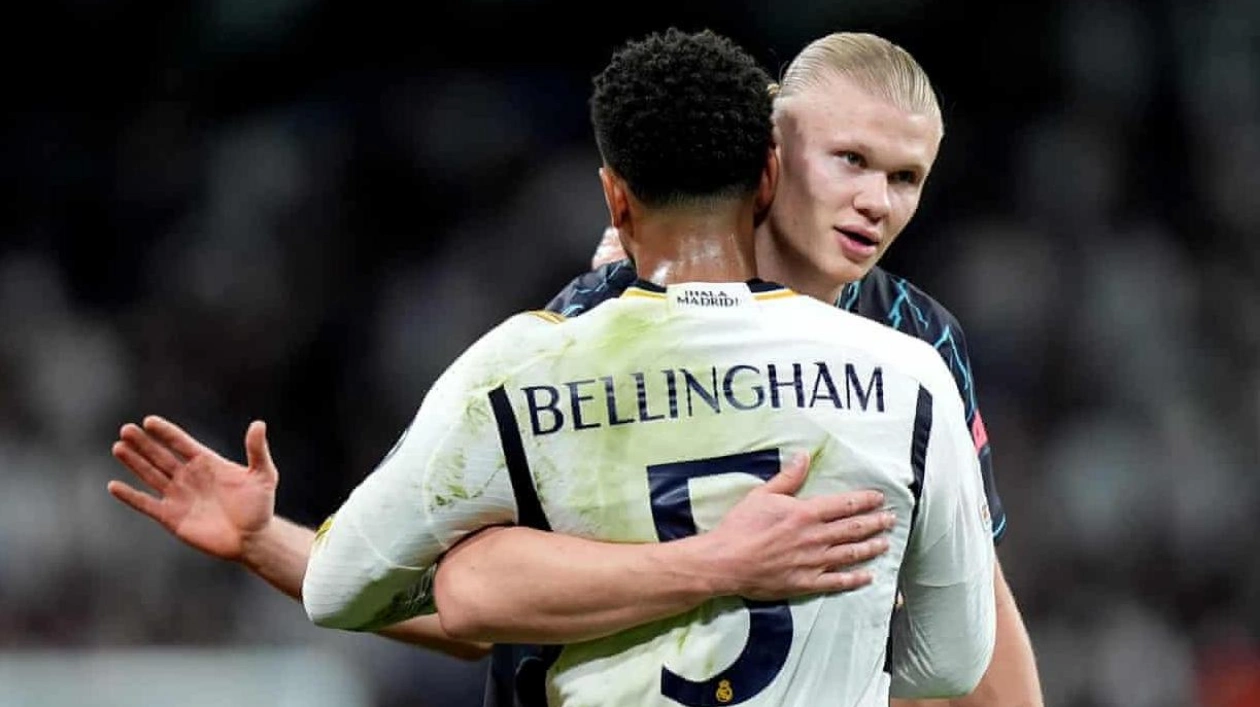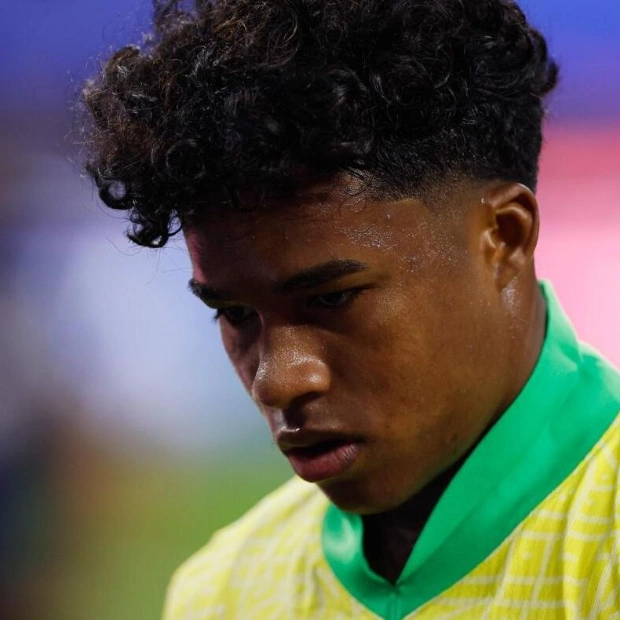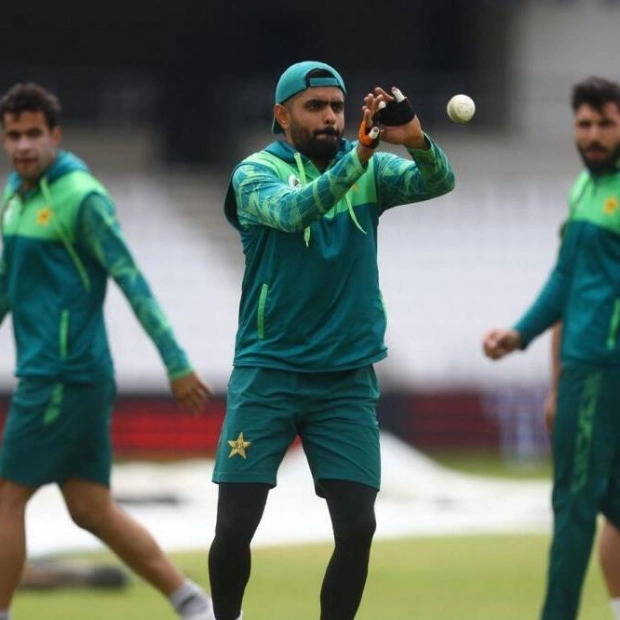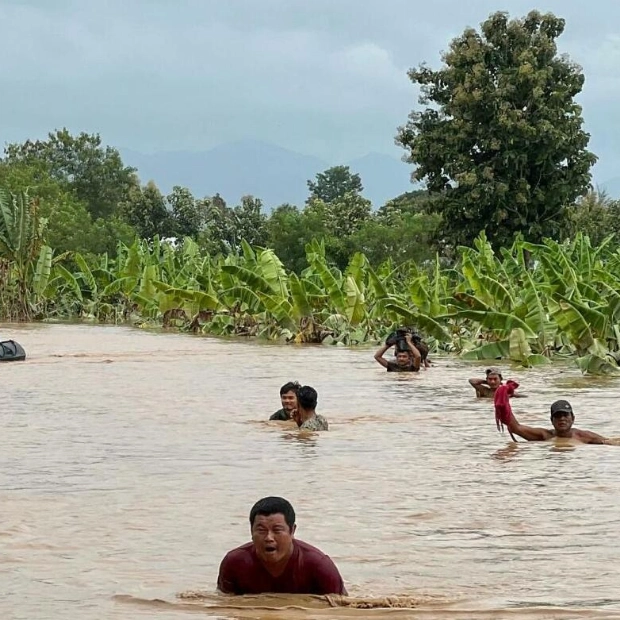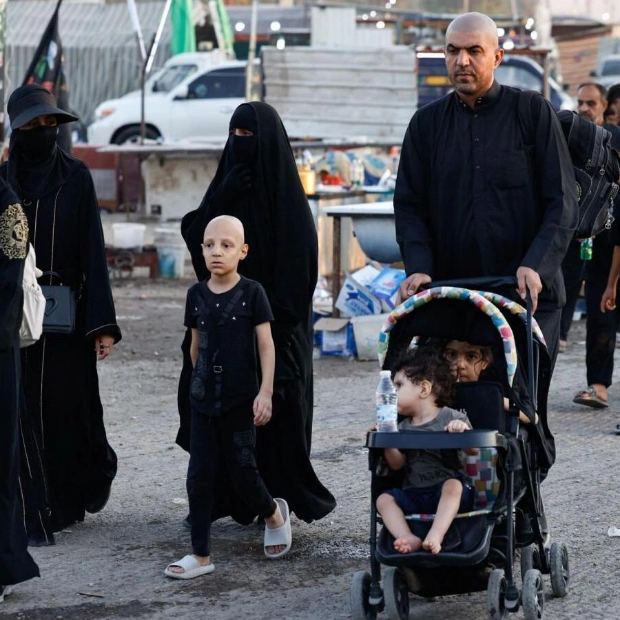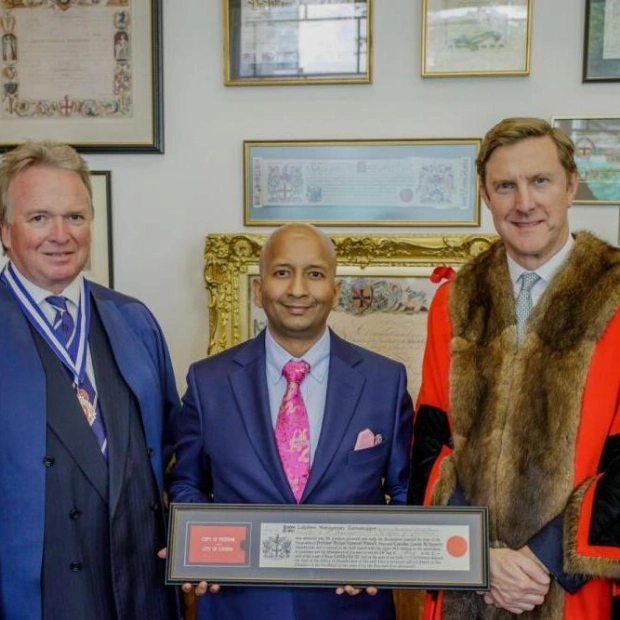Europe must recognize that the world is doing as it pleases, whether in politics or football. FIFA, founded 120 years ago in Paris, is relocating to the US. Recently, it removed Zurich as its headquarters from its statutes and moved 100 jobs to Miami. By 2034, the World Cup will be held in Saudi Arabia. Meanwhile, Europe is preoccupied with discussions about guest workers, human rights, and democracy, while the rest of the world no longer pays heed to European objections. The balance of power has shifted, and we cannot predict what will happen to major events like the 2026 World Cup and 2028 Olympics under the leadership of our key ally, the US, with Donald Trump at the helm. It is crucial for Europe to draw the right conclusions and adapt to survive. It must internalize the values it demands from others—the rule of law, a rules-based approach, and diversity—and apply them to itself. This also applies to the organization of sporting competitions.
The reform of the Champions League is a case in point. The winners now predominantly come from England, Spain, and Germany, with Italy not having won since 2010. Teams from regions east of Munich and north of Manchester have little chance of reaching the final. Two years ago, the New York Times criticized the predictability of the Champions League, noting that every spring, it’s Real Madrid and Manchester City battling for the title. It is up to UEFA to ensure that cities from other regions can participate. Northern and eastern Europe should be reintegrated into the competition.
The 2024 Euros provided a positive example of what is possible in Europe. As tournament director, I witnessed the event attracting crowds from all participating countries. Fans traveled across Germany, celebrating their culture and supporting their teams. The enthusiasm carried every squad, allowing each to contribute to the success. The expansion of the European Championship to 24 countries has been a success, with debutants like Georgia and Albania enriching the tournament. Football brought people together, and the entire month was under its spell. It became evident how desirable it is to be part of Europe and its free way of life. When sport fosters such cross-border connections, it fulfills its purpose.
The Champions League must also achieve this. Europe has numerous attractive locations that represent growth and football tradition: Copenhagen, Bucharest, Prague, Stockholm, Tirana, Amsterdam, Lisbon, Glasgow, Kyiv, and Vienna, which regularly tops global surveys for the city with the highest quality of life. Football stars can feel at home there. If the competition is opened up, investments in cities like Warsaw would be worthwhile. With nearly 40 million inhabitants, Poland is one of the most populous nations in the EU. In 1974 and 1982, Poland finished third in the World Cup, with Grzegorz Lato and Zbigniew Boniek being standout players. A magnificent stadium stands on the Vistula, and the future of European football may well lie there.
UEFA has taken initial steps. This season, 36 teams are playing in the Champions League in a new preliminary round. While this sounds exciting, it is not the final solution. It is an interim step toward a European league with 24 or 32 teams, where every team plays against every other, with relegation and promotion, offering all regions of Europe the prospect of success. This would be highly appealing to companies from the heart of Europe.
The marketplace must expand because the current one favors monopolies. At some locations, Arab royal families are concentrating top players and dominating national competitions. What happens in Newcastle, Paris, and Manchester City goes against the European ideal because it is not socially and culturally rooted. In contrast, US sports require more than just money; a sporting concept is essential. There is equal opportunity among investors, but not in European football. It can draw inspiration from other sports. In basketball, for example, successor states of the former Yugoslavia have joined forces with others to form a multinational league to make the region competitive. The Adriatic League is one of the strongest on the continent, with two of its clubs participating in the top pan-European league. The 18 teams in this Euro League come from nine nations, and the past 10 titles have been won by six clubs from five countries.
Therefore, there can be no more critical question for UEFA than how to diversify the competition in football. If Europe unites, it will be hard to beat. Some resist reforms because it is convenient to continue as before. However, self-criticism, debate, and constant reflection on whether one is doing the right thing are qualities that Europe stands for. It is exhausting, but still the best way forward. Sporting competitions and major events are meant to strengthen the sense of cohesion in Europe. That was my “aha” moment this year.
Philipp Lahm was the captain of Germany’s 2014 World Cup-winning team and tournament director of Euro 2024. He is a sporting adviser at VfB Stuttgart.
Source link: https://www.theguardian.com
